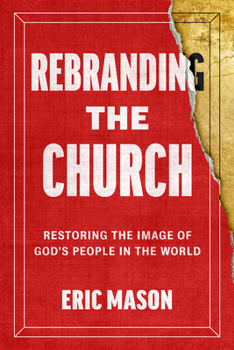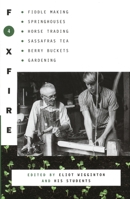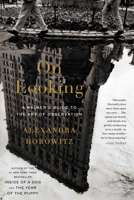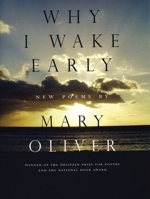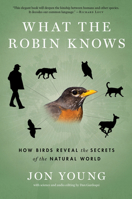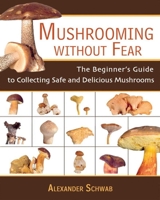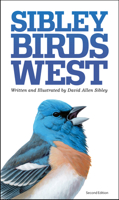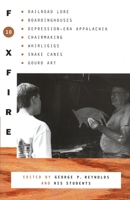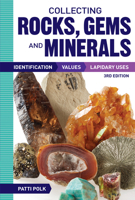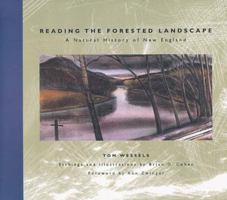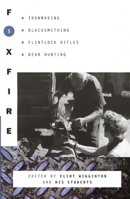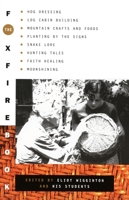Rebranding the Church: Restoring the Image of God's People in the World
Select Format
Select Condition 
You Might Also Enjoy
Book Overview
People do not trust Christianity anymore. But rather than trying to make the church look better, respected author and pastor Dr. Eric Mason calls followers of Jesus to be better. Scandals. Hypocrisy. Shallow sermons. Do you see the brokenness within the church and wonder if she can ever authentically represent Jesus to the world? If you long for the church to return to the heart of the gospel, respected author and pastor Dr. Eric Mason invites you into a conversation filled with honesty and hope. He doesn't just call the church out. Dr. Mason calls believers up, equipping readers with actionable steps toward personal accountability and a renewed commitment to Christ's mission. This rebranding isn't about damage control or surface-level fixes. It's about each believer living out the gospel, reclaiming the dignity and purpose of the church from the inside out. Rebranding the Church is a training manual for Christians to lovingly and truthfully share Christ with people who no longer respect the Christian faith. It's a guide to addressing some of the biggest reputation issues Christians face and a ground-level picture of what following Jesus actually looks like. Dr. Mason insists that we can welcome back people who have been hurt by the church. We can reverse the negativity that has taken root and continues to spread. It all starts now. And it starts with you. If you've ever felt disenchanted, distanced, or discouraged by how the church has presented herself, Rebranding the Church offers a path forward--a hopeful invitation to be part of the change. Join Dr. Mason in reimagining what it means to be the church, and discover how, as believers, we can authentically reflect the Jesus the world is waiting to see.
Format:Hardcover
Language:English
ISBN:080370934X
ISBN13:9780803709348
Release Date:January 1979
Publisher:Dial Books for Young Readers
Length:182 Pages
Weight:0.85 lbs.
More by Catherine Whitmire
Customer Reviews
6 customer ratings | 4 reviews
There are currently no reviews. Be the first to review this work.











